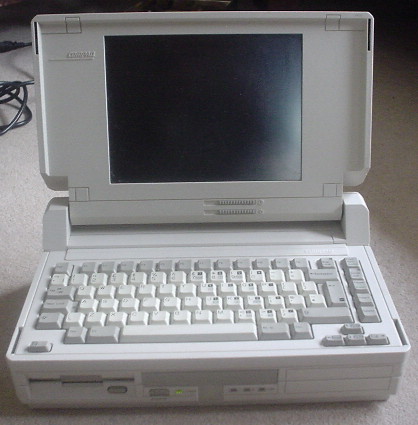Don't have kernels some intrinsic problems as attack vector?
Won't make the multitude of different, relatively short-lived kernels that get much attention make the introduction of some helpful "bugs" difficult?
Wouldn't the need for specially tailored individual "per-kernel-treatment" be quite uneconomical?
Wouldn't such activities raise the risk to draw undesirable attention to unacceptable levels?
Couldn't other vectors than kernels be more attractive from a secret service's standpoint?
Wouldn't things that allow the injection of exploitable tricks from a single, apparently innocuous spreader outlet be much more efficient for state services?
Maybe? Systemd is harmless as is PulseAudio with regards to code size. Ever look at a web browser's code (+ all the libraries they use)?
Honestly, I am not sure whether one really can compare large userland applications with "relatively small" things that run as root.
Compared to usual kernel modules' code size systemd is already a giant.
And it is growing steadily, as more and more control functionality over more and more previously untouched system components is being added.
Wouldn't it be a big success for the big brothers if they'd manage that
all Linux computers (maybe except those of a few unimportant nerds) are equipped with a PID 1 they can access should the need arise?
Wouldn't such a thing be a glorious covert take-over of Linux, effectively making it a "secure" OS kernel with an attached remotely controllable "wrapper"?

